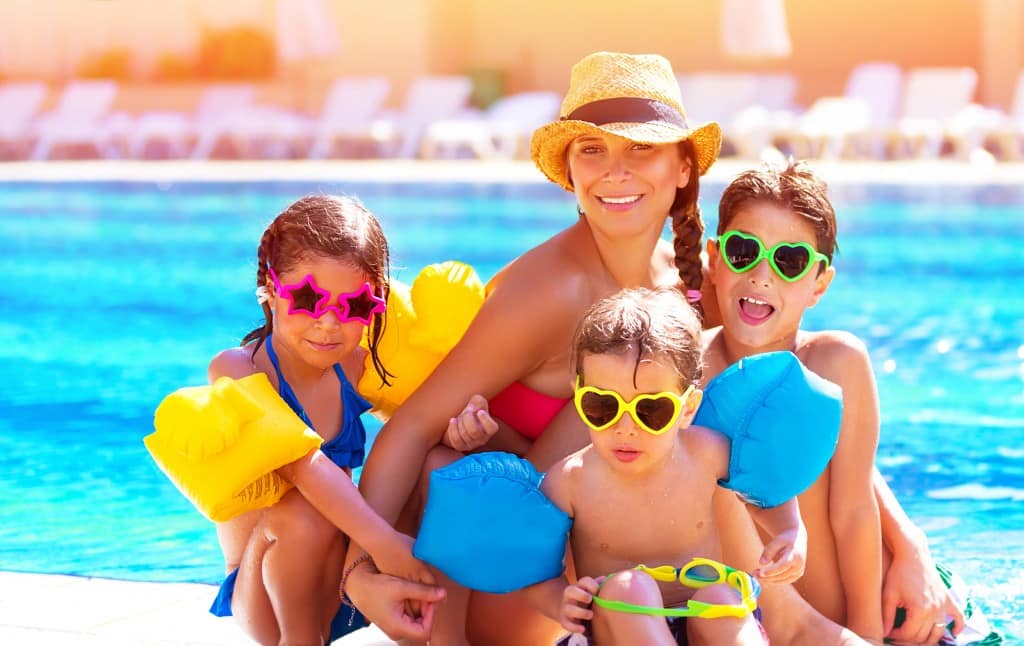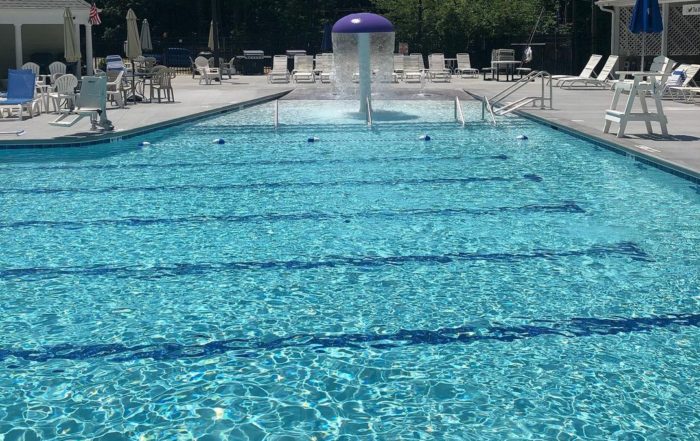HOW CLEAN ARE PUBLIC POOLS RALEIGH NC

How Clean are Public Pools? Results of a New Study May Shock You
A recent study revealing that the filters of Raleigh North Carolina area public swimming pools were teeming with bacteria from poop sent waves of disgust through many people – including the team here at Aqua Operators. The study, by the Centers for Disease Control and Prevention (CDC), was based on 161 samples taken from pool filters in summer 2012. The CDC used the findings to underscore the importance of swimmer hygiene, pointing out that detection of E. coli bacteria in over half of filter samples shows that swimmers often introduce poop into pools.
A pre-swim shower with soap is essential, and swimmers experiencing diarrhea should not be in the pool, says CDC.
Steps you Can Take to Keep Pool Water Safe
Of course, we agree, and count showering and other hygiene measures, such as “don’t pee in the pool,” as vital layers of protection to guard swimmers against waterborne illness.
Swimming pool sanitizers and well-maintained filters provide more protection.
Common-sense reminders on how to help keep the swimming pool healthy:
Don’t swim when you have diarrhea
Shower with soap before swimming
Take bathroom breaks every 60 minutes
Wash your hands after using the toilet or changing diapers
Check diapers in the bathroom or diaper-changing area every 30-60 minutes
Don’t swallow the water you swim in
User free pool test kits to check proper pH and free chlorine levels (available at healthypools.org/freeteststrips/)
The CDC findings tell a good news/bad news story. Clearly, the filters are doing their job of taking some germs out of the water.
Since the CDC study wasn’t able to show whether the germs were dead or alive, the level of health risk is unclear.
Many might have been dead, inactivated by a pool sanitizer such as chlorine. Still, it’s hard to ignore the fact that poop bacteria is entering pool water on the bodies of swimmers.
What Germs are in Public Swimming Pools?
A May 31 article examines how long it takes for chlorine to kill germs in pool water.
The CDC often reminds the public that chlorine does not kill germs instantly, so swimmers should avoid swallowing pool water. US Environmental Protection Agency-registered chlorine-based sanitizers, used according to label directions, kill 99.9% of the most common waterborne germs within seconds (or minutes for the hardy parasite Giardia) as shown in the table below.
Germs Found in Raleigh-area Public Swimming Pools:
| Pathogen Detected in CDC Report | Percentage of Filters Containing the Bacteria or Pathogen | Significance of Pathogen’s Presence | Kill Time for 99.9% at 2 ppm chlorine* |
| E. coli | 58 | A marker for fecal contamination | 2 to 5 seconds |
| P. aeruginosa | 59 | Can cause skin rashes and ear infections | 4 to 10 seconds |
| Giardia intestinalis | Less than 2 | Causes diarrhea, chronic infection | 20 to 45 minutes |
*Free Chlorine, temperature 75 to 80o F
For chlorine to do its job, however, the water chemistry must be appropriately maintained, with pool water pH in the range of 7.2 to 7.8 and a chlorine level of one to three parts per million. These conditions minimize the risk of contracting waterborne disease, and safeguards against further contamination. Check your local pool – and protect your family – with free pool strips available from www.healthypools.org/freeteststrips. This web site includes an interactive map that lets you compare your local pool with others across the country. Happy summer swimming from everyone at Aqua Operators pool management services

